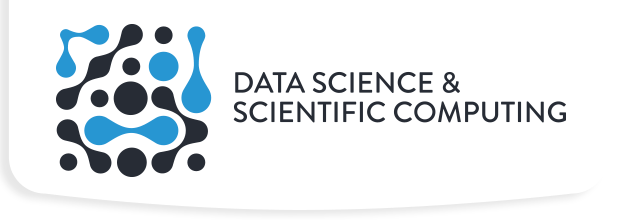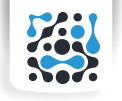Genome sequencing technologies have revolutionised our approach to study biological systems. From healthy tissues to diseases, many questions are approached through the collection of far larger sequencing datasets, and some argue that all modern biology is computational biology. Sequencing technologies can measure molecular states at various degrees of resolution and noise, and complex bioinformatics/ machine learning pipelines are required to extract complex patterns that characterise from basic cellular processes to disease progression.
Within this framing, this course offers data scientists the possibility of exploring some fascinating problems in the context of modern biology, from a data science perspective. The classes intersect around two core areas, bioinformatics for sequencing data and data science for cancer genomics, and have both a theoretical and a practical component. The former part (Prof Sanges, https://www.sangeslab.eu/) is an introduction to bioinformatics tools for modern sequencing technologies (e.g., alignment, quality control, calling). The latter part (Prof Caravagna, www.caravagnalab.org) is an introduction to data science approaches to study how cancers progress and evolve during treatment (e.g., somatic variation detection, clonal deconvolution, evolutionary analyses).
Lectures might be conducted by external speakers as well, allowing you to get in touch with other researchers in the field of computational biology. The classes topics will be tailored to the participant’s background, usually agreed upon meeting on the first lecture day and, importantly, no prior knowledge of biology will be required to attend the classes.
This course is for excellent opportunity for data scientists that seek to apply their data-wrangling skills to state-of-the-art technologies for modern biology.

